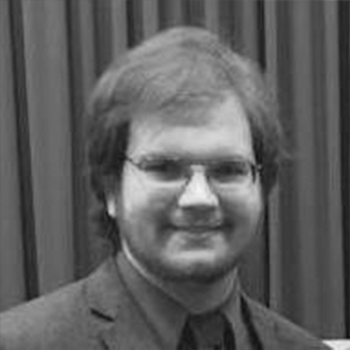Princeton students complain about white peers ‘invading’ ‘POC places’
Students on a Princeton University podcast complained about white students “invading” “POC places” on Wednesday.
A Nov. 28 episode of the Princeton University student podcast Woke Wednesdays featured students decrying their white peers “invading” “POC [people of color] places” on campus.
Since fall 2016, the Carl A. Fields Center for Equality and Cultural Understanding (CAF) has been home to several cultural “affinity spaces.” These affinity spaces are areas within the CAF building intended for students to gather, study, socialize, etc. based on minority status. CAF has black, Latinx, and Middle Eastern affinity spaces, among others. While each space has an associated race or ethnicity, every student, regardless of identity, is allowed to any space.
CAF is “a space intended to support students of color on campus,” said Gabriella Carter, a presenter for the Woke Wednedays student group, in the video’s introduction.
[RELATED: Campus coffee shop evicts College Republicans from ‘safe space’]
The video cut to Carter sitting in the black affinity space, where she explained that non-black students occupy the room, “essentially, pushing out the black students who [sic] this room is intended for.”
“It kind of makes the black students feel like they’re a visitor in a space that’s supposed to be theirs,” the Woke Wednesdays presenter said.
The episode then transitioned to interviews with students. Princeton student Saran Touré indicated that she works at CAF and sometimes visits affinity spaces.
“I’ve only ever seen, like, actual black people sitting in the black affinity space, like, three times,” she told Woke Wednesdays. “Every other time it’s always, like, someone that’s not black and someone that’s, like, usually a white male.”
Touré suggested that while she would like to cry in the black affinity room, she feels uncomfortable if individuals of other races are present.
“If I want a space to cry where I feel comfortable, I want to go to the black affinity room,” she said. “But if you’re there, I feel uncomfortable.”
[RELATED: University announces ‘White Awake’ safe space for white students]
“I went once. It was a white guy there. I left,” Princeton student Tamilore Ajeigbe told the podcast. “It didn’t feel right. Like, this place for African-Americans and there was a white guy there. It’s, like, ironic.”
Asked what Princeton can do to “better...give students of color this space,” Ajeigbe suggested that the school communicate why students of identities that do not match those of certain affinity rooms should not study there.
Princeton student Rod Eric Joseph claimed that individuals whose identities conflict with that of an affinity space have, in the past, locked those whose identities do match up with the affinity space out of the area.
“White students often feel entitled to certain places on this campus, regardless of whether or not they are built for them,” said student Rita Keazer. “So, that sense of entitlement does trickle over into the Carl A. Fields Center, even though most of Prospect Avenue,” the street where CAF is located and best known as the home to Princeton’s eating clubs, “is quite white-serving.”
Keazer said that “you have to be either really ignorant or very vindictive to occupy that space.”
[RELATED: UPDATED: Segregated dorms for males ‘who identify as Black’ coming to UConn]
“Like, there’s so many other spaces in the CAF,” said Touré, “but then they choose to go upstairs to one of the rooms, read that it says, ‘oh, like, this is for black people. I think I should be in there!’”
She suggested that such people lacked “a common human decency.”
The episode ended with interviewees discussing other grievances with the Ivy League’s handling of diversity and CAF in particular, including perceived lack of publicity for CAF and the location of CAF on the edge of campus.

